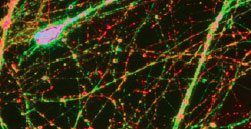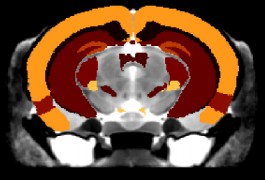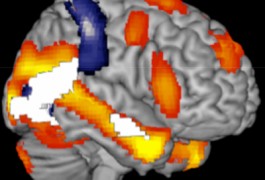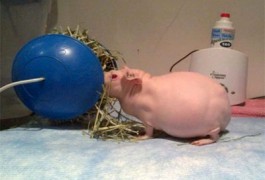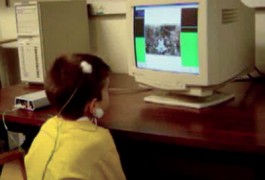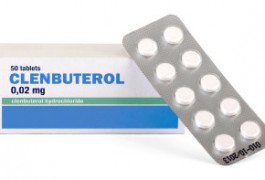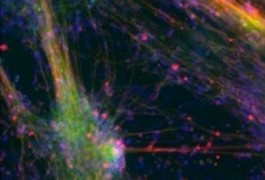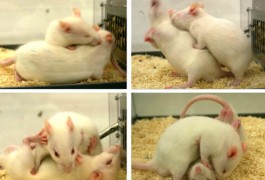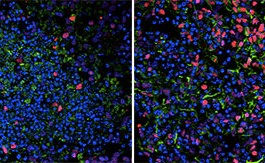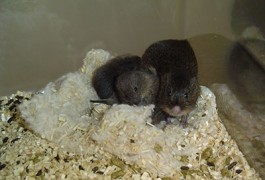Neurons made directly from skin cells model autism mutations
Skin cells taken from mice with an autism-linked mutation and transformed directly into neurons have the same properties as neurons from the brains of these mice. The study, published 8 October in Proceedings of the National Academy of Sciences, validates an efficient technique to study disease-linked mutations.







